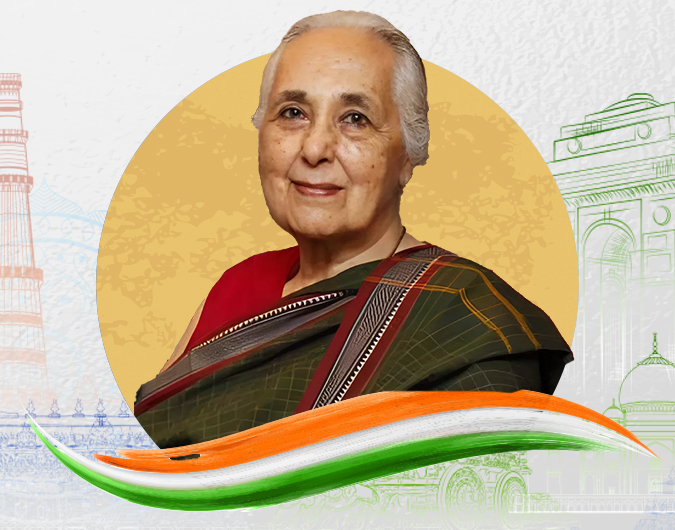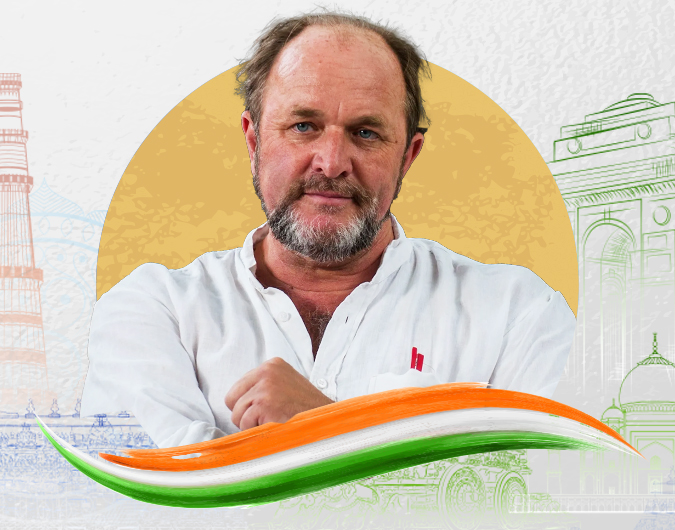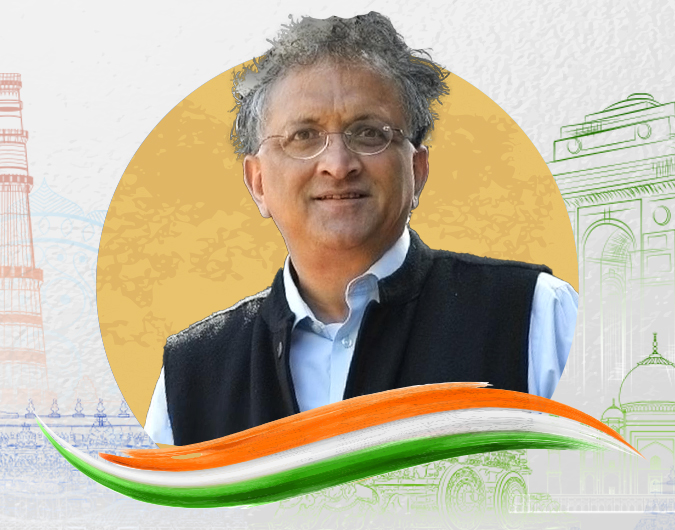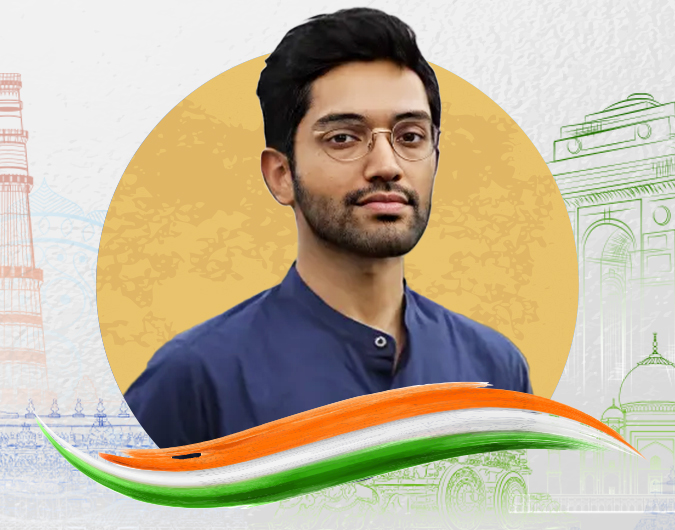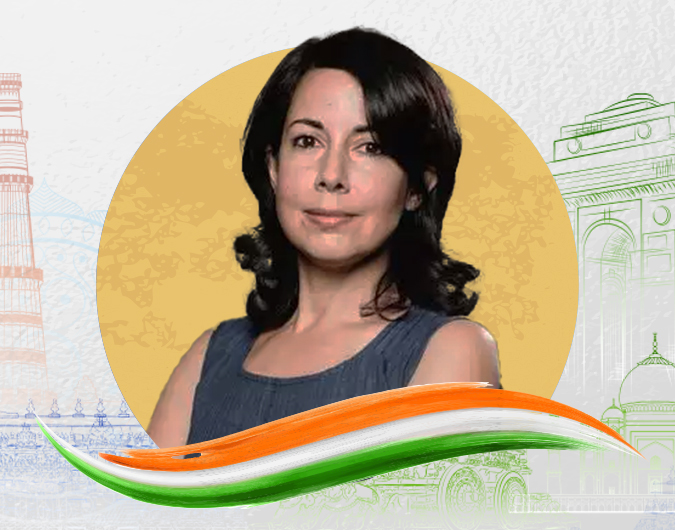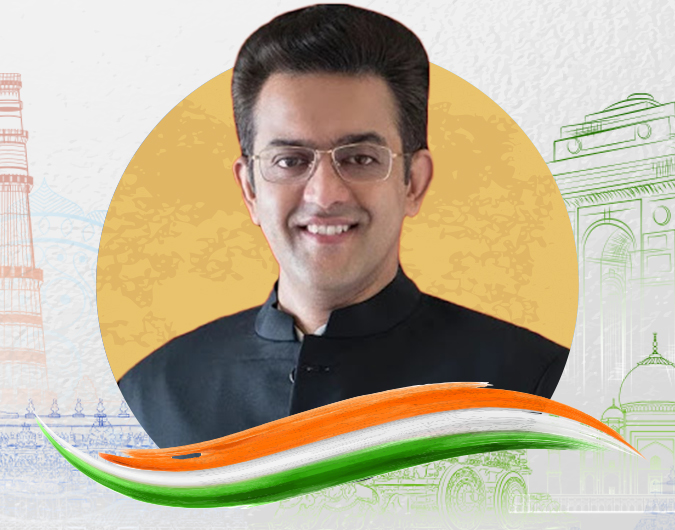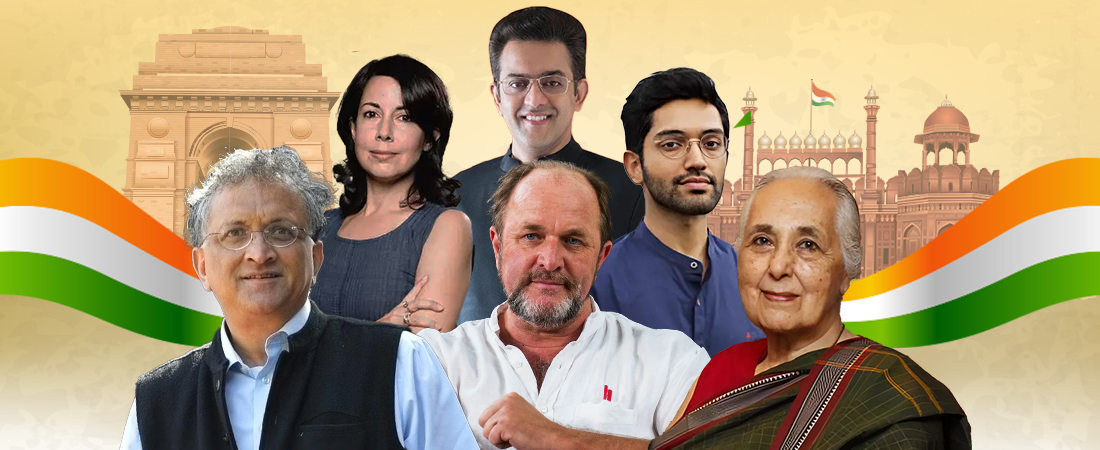
As we celebrate another Republic Day, it’s worth revisiting some of our finest historians who have documented the various events in Indian history that led to the formation of the world’s largest democracy. Here are some of the best books on Indian history through the diverse perspectives of these authors that shed light on different aspects of India’s journey from colonial rule to republic.
Romila Thapar is one of India’s most distinguished historians known for her work on ancient India. While her primary expertise lies in ancient Indian history, Thapar’s methodological contributions and analytical frameworks have been invaluable in shaping how we approach and understand the study of colonial and post-colonial India.
Her History and Beyond offers critical insights into historiography and the complexities of interpreting India’s past, while The Future in the Past: Essays and Reflections offers valuable perspectives on how historical patterns influence present-day social and political dynamics.
Voices of Dissent is particularly relevant to understanding India’s republican journey, as it traces the rich tradition of questioning authority and orthodox views throughout Indian history – from the Shramanas to modern times. The Penguin History of Early India focuses on how diverse cultures, governance systems and social structures evolved in the subcontinent, providing crucial context for appreciating the magnitude of India’s transformation into a modern republic.
William Dalrymple’s The Last Mughal and The Anarchy offer crucial context about the colonial period. The Last Mughal details the events surrounding the 1857 uprising, often considered India’s first war of independence. The Anarchy chronicles how the East India Company transformed from a trading corporation into a colonial power. These books on Indian history help us understand the foundations of the anti-colonial movement that would later emerge.
His storytelling prowess shines in White Mughals, a love story between a British resident of Hyderabad and a Hyderabadi noblewoman. Through their compelling tale, Dalrymple reveals a fascinating Indo-British cultural synthesis in the late 18th century, before the rigid racial attitudes of high imperialism took hold.
City of Djinns presents Delhi as a palimpsest of history, where every era has left its mark. Through his vivid exploration of the city’s past and present, Dalrymple brings to life the cultural continuities and ruptures that would eventually shape India’s journey to independence. His intimate portrayal of Delhi’s transformation from Mughal capital to colonial city to the heart of independent India offers unique insights into the evolution of modern Indian identity.
Ramachandra Guha’s comprehensive works stand out for their detailed examination of modern India. His India After Gandhi remains a definitive account of post-independence India, chronicling the challenges and triumphs of building a republican democracy. His other significant work, Gandhi Before India and Gandhi: The Years That Changed the World , provides deep insights into the most prominent figure of India’s independence movement.
In Rebels Against the Raj he brings to life the extraordinary stories of seven foreigners who joined India’s independence movement, including Annie Besant and Madeleine Slade. Makers of Modern India presents the writings and speeches of 19 influential Indians who shaped the nation’s political traditions, from Rammohan Roy to Ambedkar and beyond.
Guha uses Patriots and Partisans to examine critical themes in Indian political history, offering insightful essays on pluralism, nationalism, and the challenges facing Indian democracy. His unconventional work A Corner of a Foreign Field uses cricket as a lens to show how the sport evolved from a colonial pastime to a national passion, reflecting broader transformations in Indian society and politics.
Though focused more on pre-colonial India, in works like The Ivory Throne, Manu S. Pillai shows how princely states and regional powers navigated the transition to republic. His columns and essays often provide fresh perspectives on the complexity of India’s journey to independence and republic.
Gods, Guns & Missionaries is an exploration of the fascinating dynamics of power, religion, and colonialism in Kerala, revealing how local traditions interacted with and resisted colonial influences.
Rebel Sultans: The Deccan from Khilji to Shivaji provides a riveting account of the Deccan’s political history, showcasing how this region’s distinct character and resistance to external control would later influence its path during the independence movement.
Ira Mukhoty, known for her engaging narratives about powerful Indian women through history, has helped broaden our understanding of the independence movement. In Daughters of the Sun, she reveals how Mughal princesses and queens shaped empire-building and influenced administrative systems that would later be dismantled by colonial rule.
Akbar: The Great Mughal provides a comprehensive examination of one of India’s most significant rulers, whose administrative innovations and principles of religious tolerance would later influence discussions during India’s own journey toward becoming a secular republic.
In The Lion and the Lily, she explores the complex relationship between India and France during colonial times, offering fresh perspectives on a lesser-explored aspect of colonial history that helps us better understand the multifaceted nature of European ambitions in India.
Vikram Sampath’s detailed biographies, particularly his work on V.D. Savarkar (Savarkar: Echoes from a Forgotten Past), offer perspectives on alternative nationalist ideologies that were present during the independence movement and continued to influence post-independence India.
In Tipu Sultan: The Saga of Mysore’s Interregnum (1760-1799), he presents a nuanced portrait of the Tiger of Mysore and his resistance against British expansion, providing crucial insights into one of the earliest challenges to colonial power in India. Splendours of Royal Mysore: The Untold Story of the Wodeyars chronicles the fascinating history of the Mysore royal family, illuminating how princely states navigated the complex period from colonial rule through to integration with independent India.
Bravehearts of Bharat brings to light the stories of forgotten heroes who fought against various invaders and colonial forces, contributing to our understanding of India’s long tradition of resistance against foreign domination.
As we celebrate Republic Day, these books on Indian history remind us that our journey to republic status was neither simple nor predetermined, but rather the result of countless struggles, debates and sacrifices.

